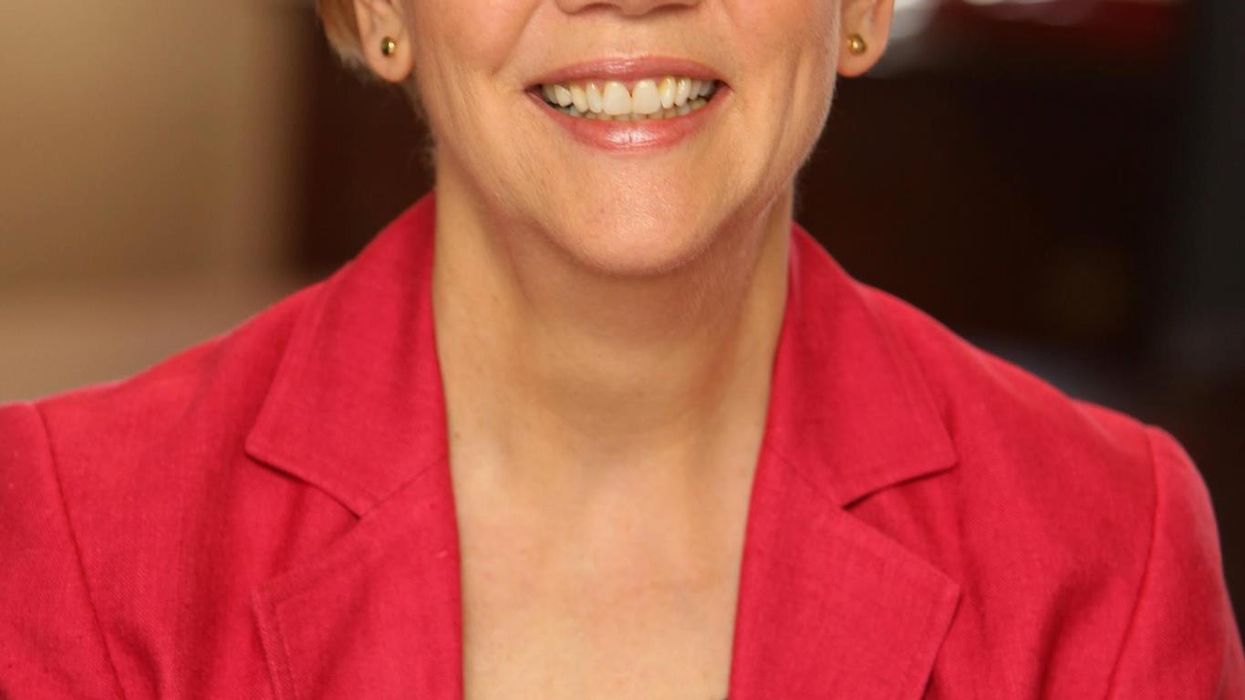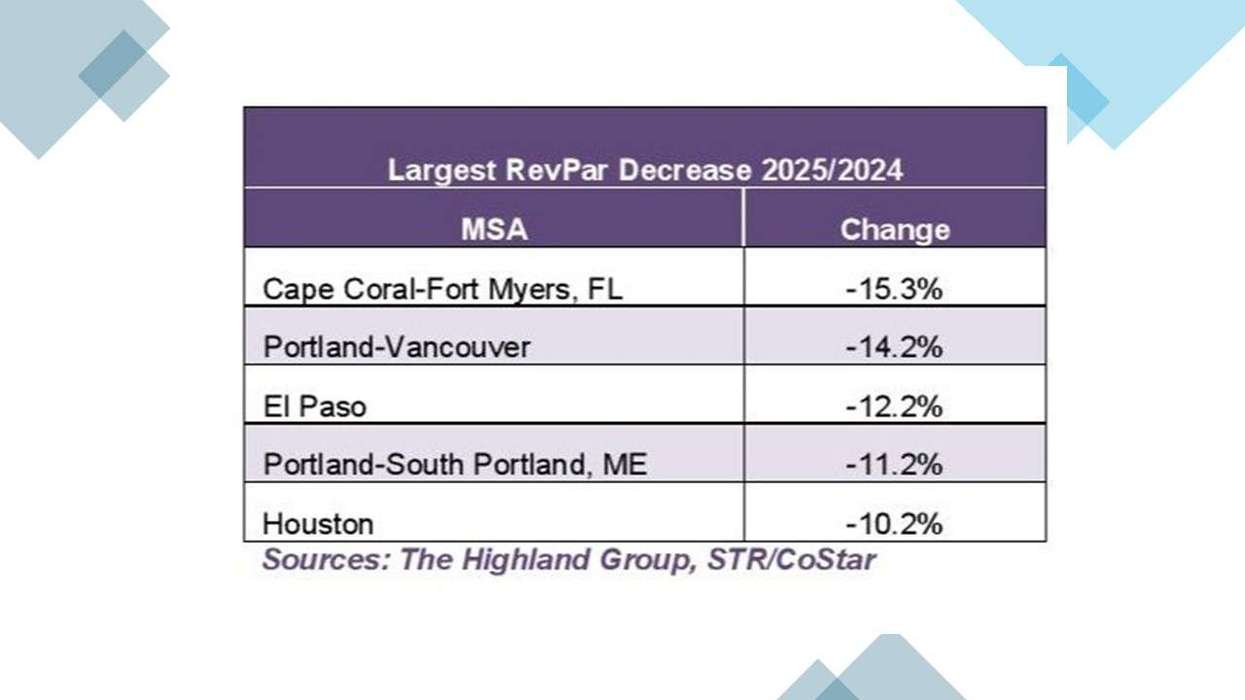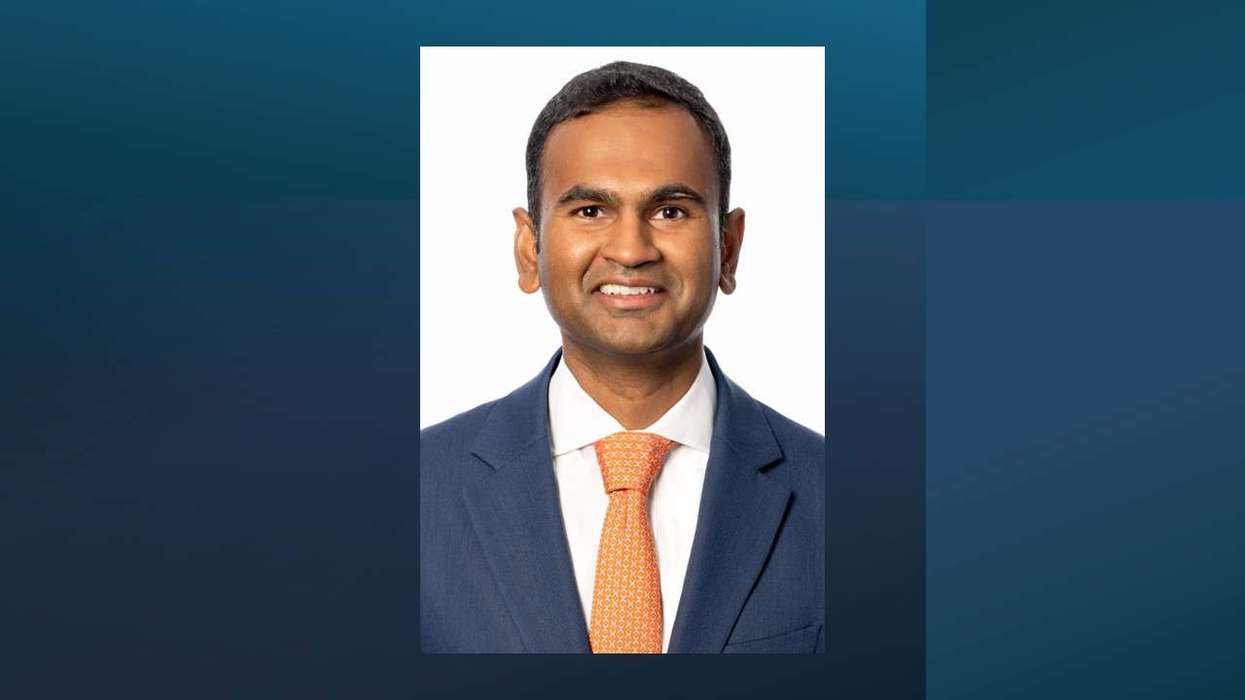CHOICE HOTELS INTERNATIONAL issued a last-minute appeal to Wyndham Hotels & Resorts shareholders to tender shares toward a proposed acquisition with a March 8 deadline to do so. At the same time, a U.S. senator has written to the Federal Trade Commission expressing concerns about the proposed merger.
The fate of the proposal may hinge on getting more Wyndham share holders to show interest by tendering shares, Choice said in a statement. The company pointed out that tendering shares would not obligate shareholders to accept Choice’s current offer.
“Tendering shares will send a clear message to Wyndham's board of directors to constructively engage with Choice to reach a consensual agreement on the terms of a transaction,” Choice said. “Depending on participation, Choice intends to either extend or terminate the exchange offer and will evaluate next steps related to its nomination of a slate of independent directors for election to the board of directors of Wyndham.”
Shareholders may withdraw any shares tendered if Choice gives notice of an extension, which it is required to publish not later than 9 a.m. ET on March 11, the company said.
In its original proposal, made public in October, Choice said it sought to acquire all the outstanding shares of Wyndham at a price of $90 per share and shareholders would have received $49.50 in cash and 0.324 shares of Choice common stock for each Wyndham share they own. Choice claimed that is a 30 percent premium to Wyndham’s 30-day volume-weighted average closing price ending on Oct. 16, an 11 percent premium to Wyndham’s 52-week high, and a 30 percent premium to Wyndham’s latest closing price.
Wyndham’s board unanimously rejected Choice’s proposal, calling it unsolicited, “highly conditional” and not in the best interest of shareholders. On Nov. 14, however, Choice sent a letter to the Wyndham board with an “enhanced proposal” intended to address Wyndham’s concerns about clearing federal regulations. On Dec. 12, Choice launched its public exchange offer to acquire Wyndham and on Dec. 19 the Wyndham board officially rejected the offer and urged shareholders not to tender shares for the deal.
In February, Geoff Ballotti, Wyndham’s president and CEO, and Pat Pacious, Choice’s president and CEO, used their companies’ earning calls to debate the merger. In its most recent statement, Choice insists it stands by its original offer.
“Choice remains steadfast in its belief that a combination offers a compelling value to all stockholders, benefits franchisees and guests, and will receive regulatory approvals within a one-year customary timeframe,” the company said. “As a result, Choice believes that Wyndham stockholders should tender their shares to send a clear message to Wyndham's board to engage in good faith to reach a value maximizing transaction.”
A note of concern
Sen. Elizabeth Warren of Massachusetts on Feb. 28 sent a letter to Lina Khan, FTC chairwoman of the, in which she urged the commission not to approve the acquisition. Warren said a Choice/Wyndham combination would “would harm entrepreneur franchisees and lead to higher hotel rates for customers across the country.”
“The takeover would create the largest branded hotel chain in the United States, giving one chain control over a huge portion of the hotel market,” Warren said. “If the takeover of Wyndham is successful, Choice could use the reduced competition to raise prices and increase their profits, all while using dozens of brands to hide the fact that customers have fewer travel options.”
Warren goes on to cite FTC and U.S. Department of Justice guidelines for mergers that refer to how a proposed merger may affect market concentration, thereby lessening competition.
“Per Wyndham’s data, if Choice’s takeover succeeds, the combined entity would control 57 percent of the economy hotel market and 67 percent of the midscale hotel market nationwide,” Warren said. “The economy hotel market and midscale hotel market are already highly concentrated, according to FTC’s standards, reaching 2,343 and 2,877 respectively on the Herfindahl-Hirschman Index, and would rise to 3,591 and 5,011 respectively if this transaction proceeds, according to analysis provided by Wyndham.”






